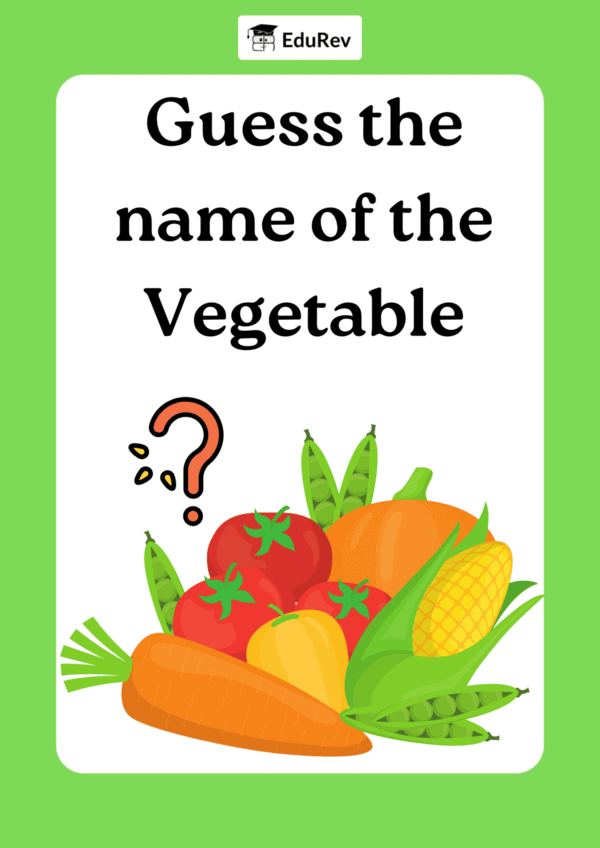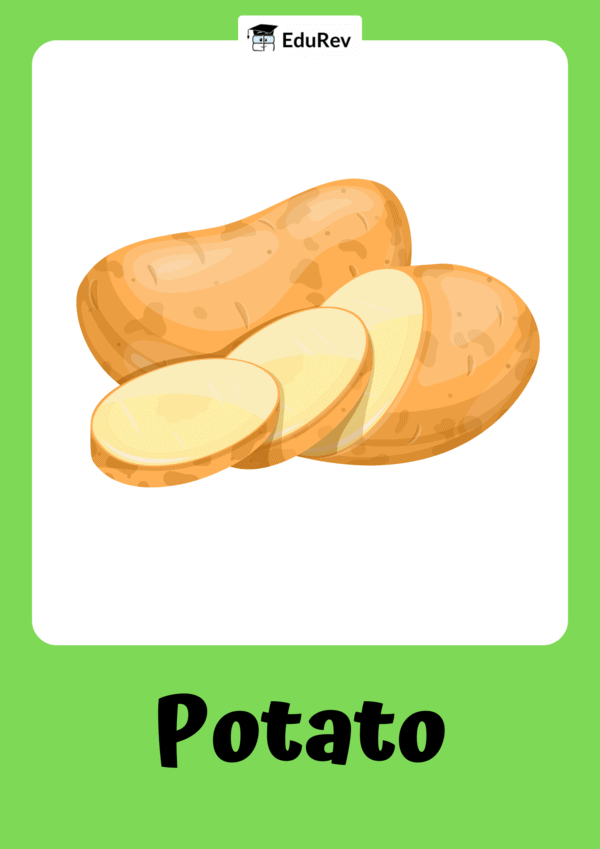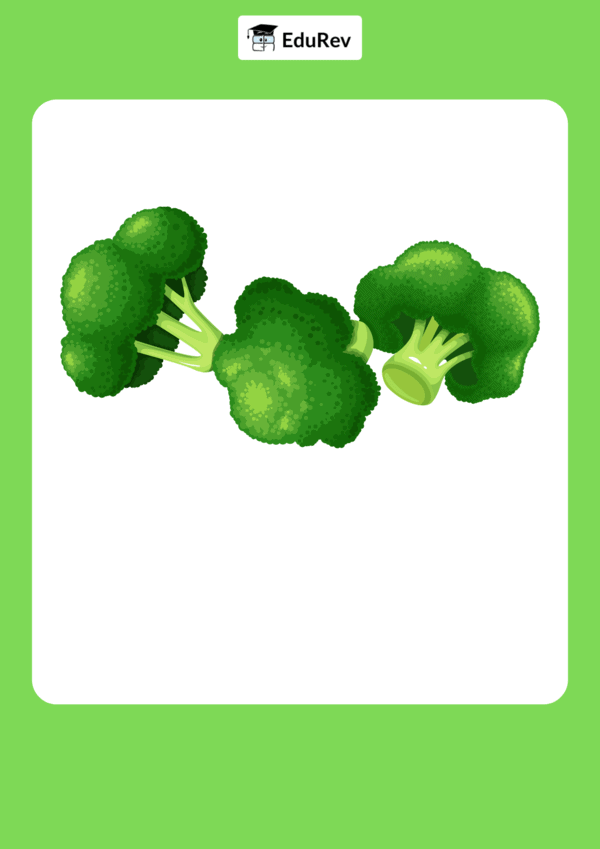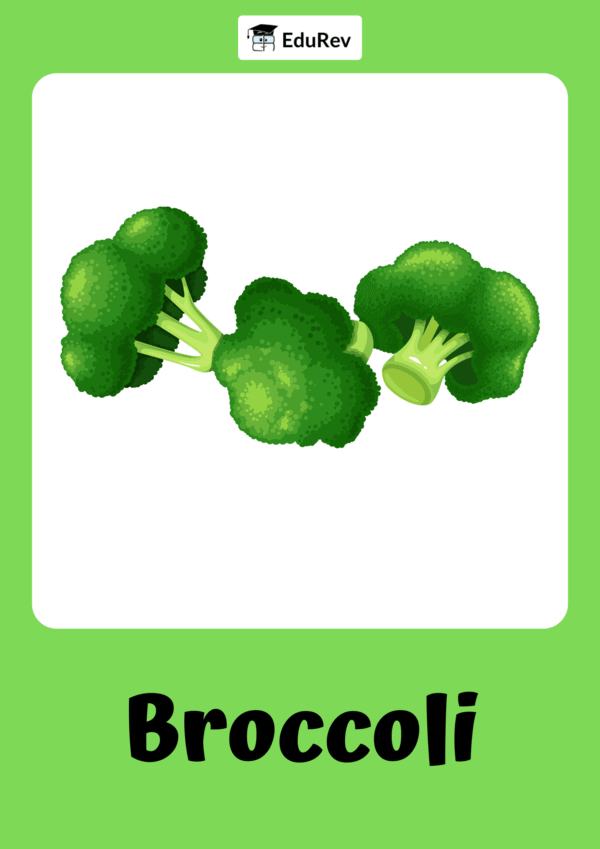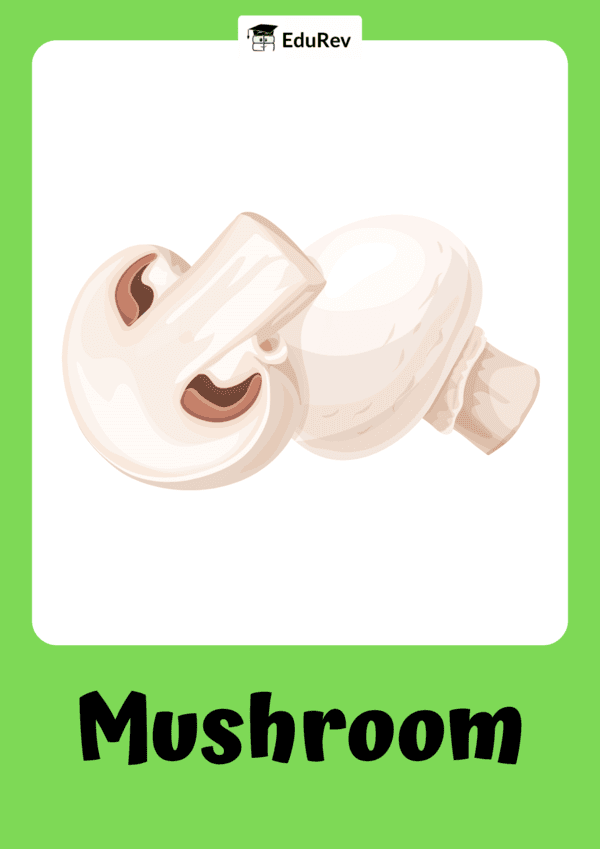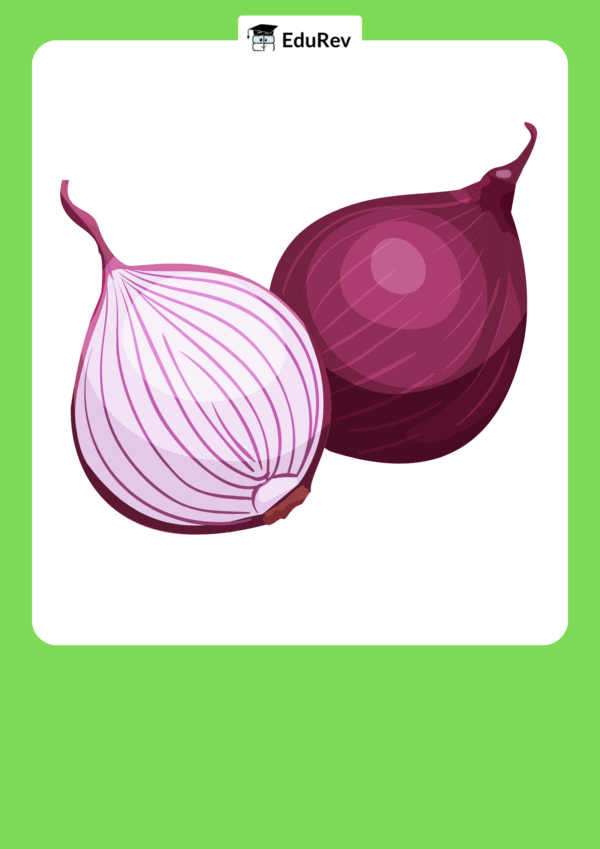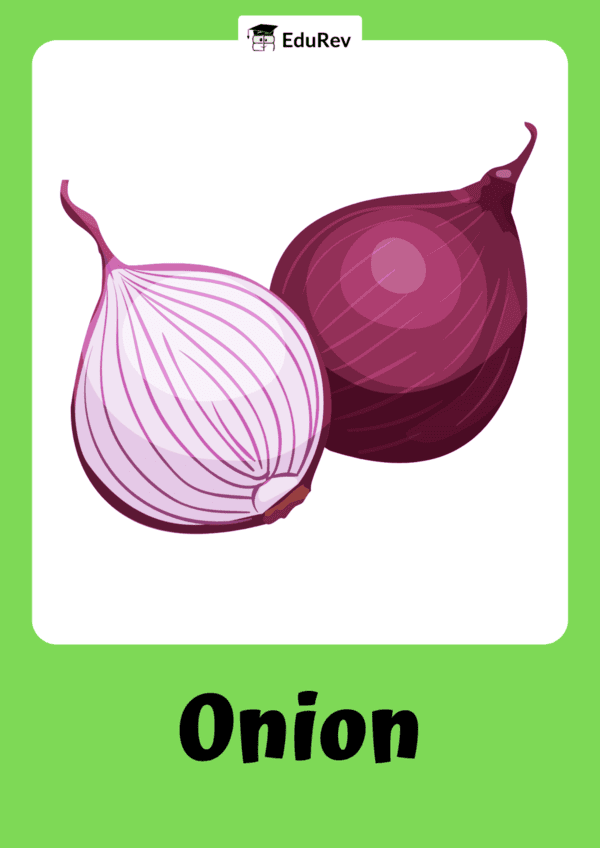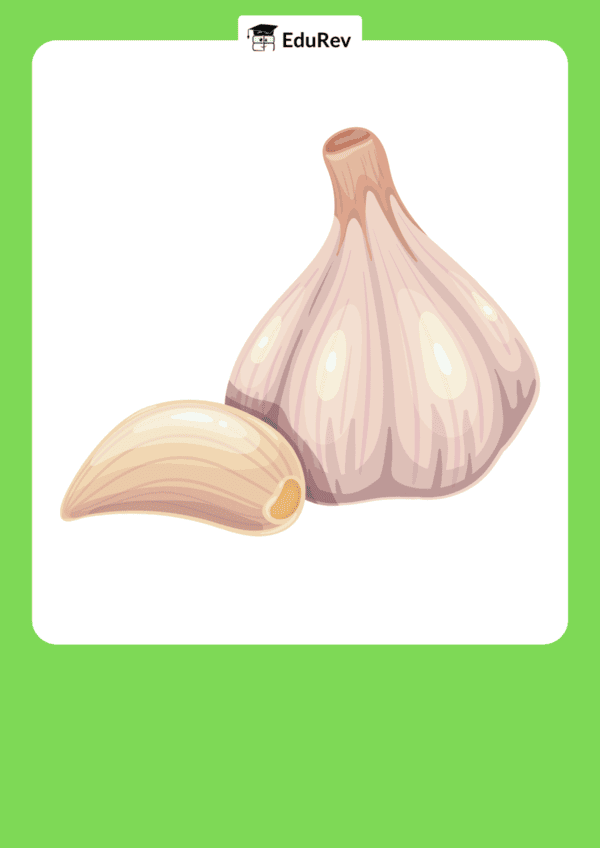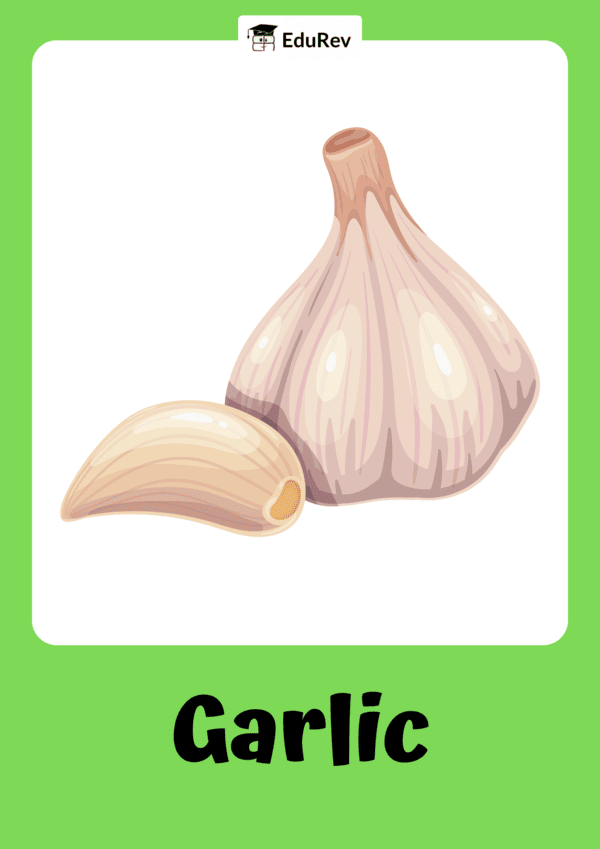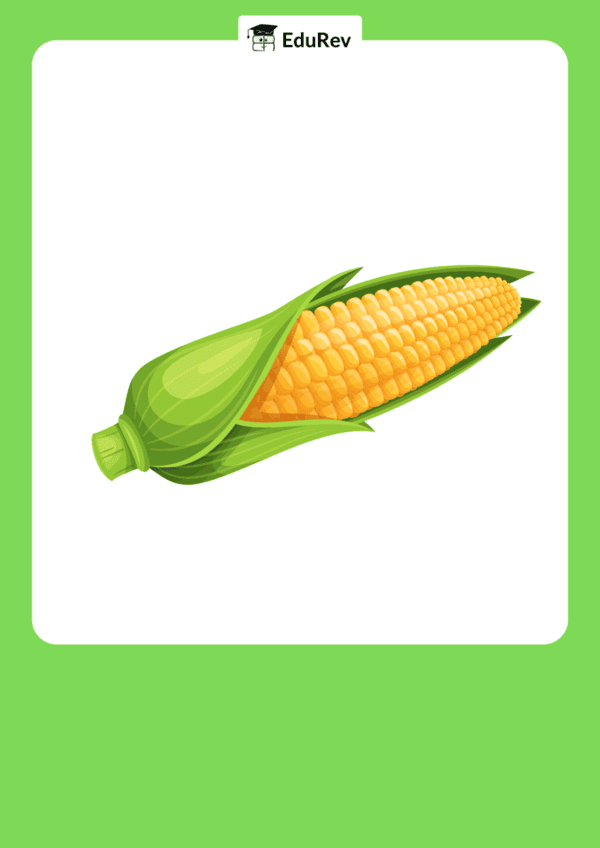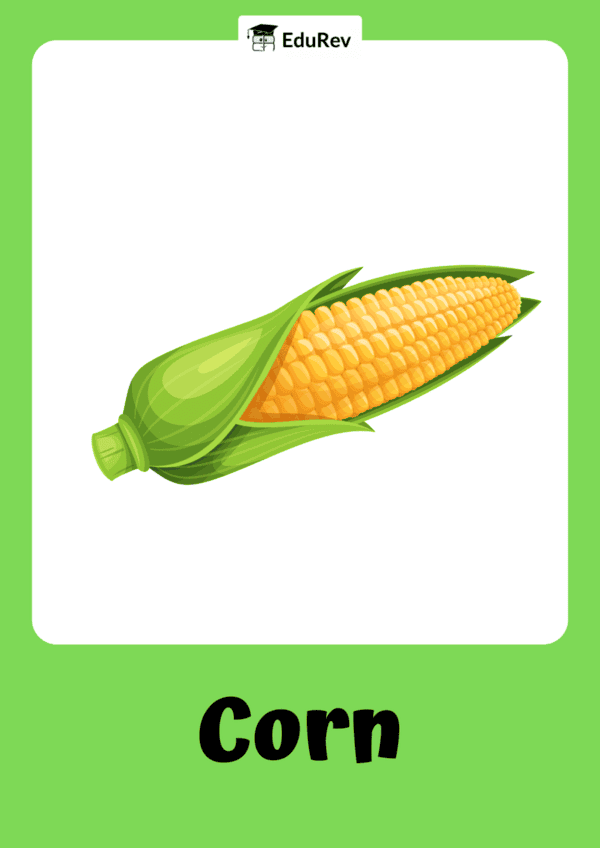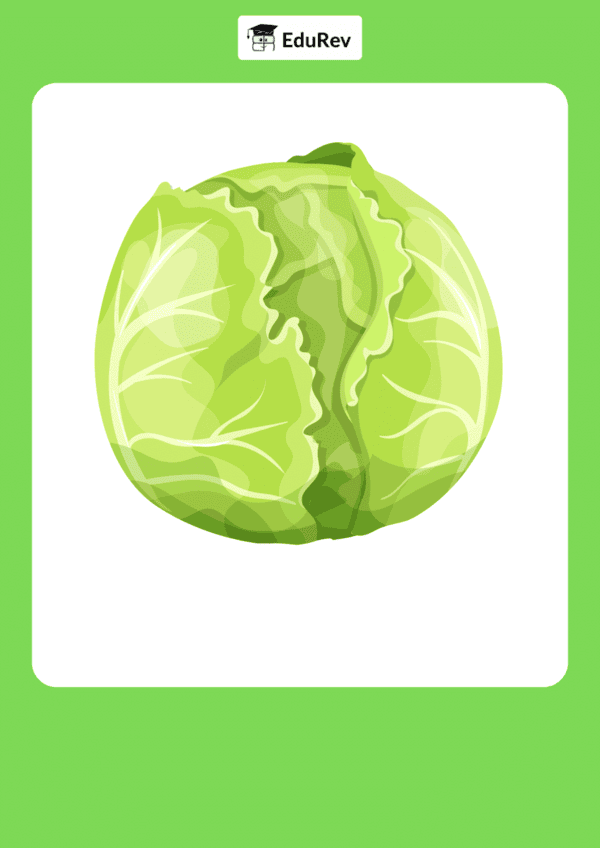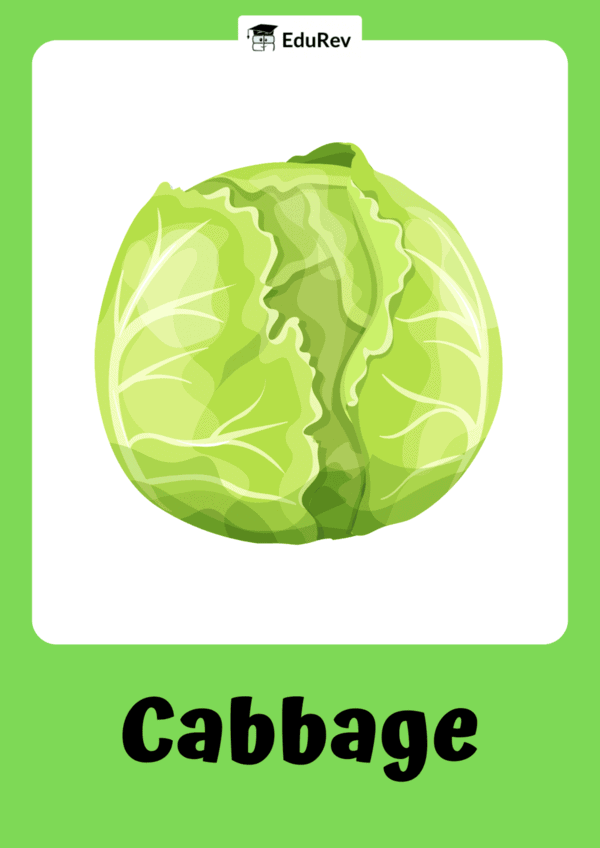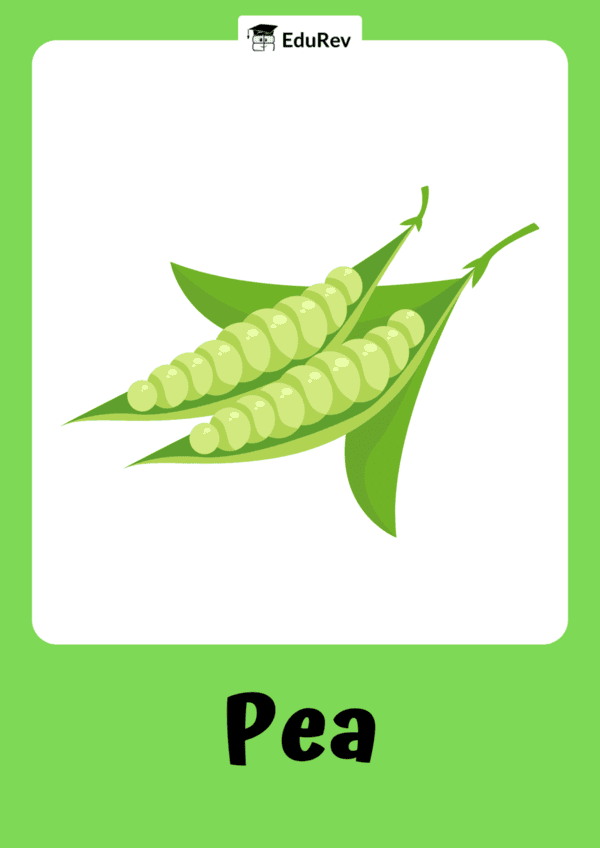 Unlock all Flashcards with EduRev Infinity Plan Starting from @ ₹99 only
|
Class 1 Exam > Flashcards for Young Bright Minds > Flashcards: Vegetables
FAQs on Flashcards: Vegetables Flashcard - Flashcards for Young Bright Minds - Class 1
| 1. What are the essential nutrients found in vegetables? |  |
Ans. Vegetables are rich in vitamins, minerals, and dietary fiber. Key nutrients include Vitamin A (from carrots, sweet potatoes), Vitamin C (found in bell peppers, broccoli), Vitamin K (found in leafy greens), potassium (in potatoes, tomatoes), and folate (in spinach, asparagus). They also provide antioxidants that help in reducing the risk of chronic diseases.
| 2. How do vegetables contribute to a balanced diet? |  |
Ans. Vegetables are an integral part of a balanced diet as they provide essential nutrients with low calories, which helps in maintaining a healthy weight. They are also high in fiber, which aids digestion and keeps you feeling full. Including a variety of vegetables in meals ensures a wide range of nutrients that support overall health.
| 3. What are the best ways to preserve the nutritional value of vegetables during cooking? |  |
Ans. To preserve the nutritional value of vegetables, consider steaming or microwaving instead of boiling, as water-soluble vitamins can leach out. Using minimal cooking time and avoiding high temperatures can also help. Additionally, eating raw vegetables in salads or as snacks retains most nutrients.
| 4. How can one ensure they are consuming a variety of vegetables? |  |
Ans. To ensure a variety of vegetables in your diet, aim for a rainbow of colors on your plate. This includes dark greens, bright reds, yellows, and purples. Experiment with different cooking methods and try new vegetables each week. Shopping at local farmers' markets can also encourage trying seasonal and diverse produce.
| 5. What are some common misconceptions about vegetables? |  |
Ans. Common misconceptions include the belief that frozen vegetables are less nutritious than fresh ones; in reality, they are often frozen at peak ripeness, preserving nutrients. Another myth is that all vegetables are low in calories; some starchy vegetables like potatoes and corn are higher in calories. Understanding these misconceptions can help make informed dietary choices.
Related Searches




